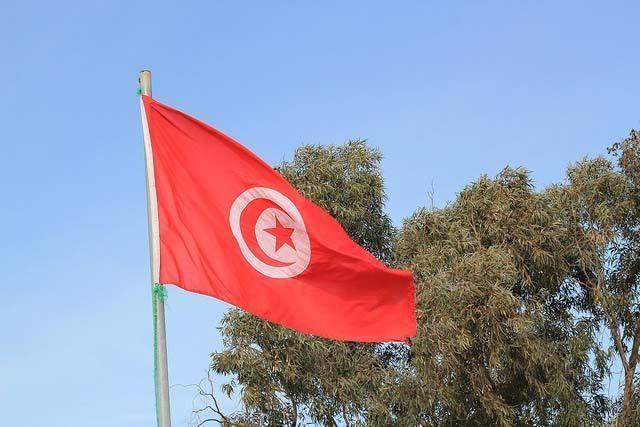The Tunisian PM clarified that ‘providing facilities to Qatari investors free of obstacles’ does not mean giving up on Tunisian lands.
Tunisian Prime Minister and Acting Minister of Interior Hichem Mechichi has denied circulating rumours regarding plans to give away Tunisian lands to Qataris following his recent visit to the Gulf state.
Mechichi and his delegation met with Qatar’s Amir Sheikh Tamim bin Hamad Al Thani on Monday where they discussed relations between the two countries.
Shortly after, he met with Qatar’s Deputy Prime Minister and Minister of Foreign Affairs Sheikh Mohammed bin Abdulrahman Al-Thani shortly as well as officials from the Qatar Investment Authority.
“Qatar and Tunisia hold strategic and exceptional relations at all levels and we work wholeheartedly to continuously develop and support them,” said Mechichi, adding that Doha is one of the most important investors in Tunis.
The Tunisian official also stated that his country is committed to providing facilities to Qatari investors “free of obstacles” and said the possible organisation of a joint Tunisian-Qatari economic forum to encourage investment was also brought to the table of discussions.
However, the PM’s comments, which appear to have been misconstrued, sparked a wave of criticism in Tunisia with critics denouncing plans to allow Qatari ownership of real estate in Tunis.
This is a “red line” and an “insult to national sovereignty,” they said.
Foreign ownership of agricultural lands is prohibited under Tunisian law.
The law also stipulates the conclusion of investment contracts for foreigners in agricultural rehabilitation companies, which must be owned by the Tunisian nationals by no less than 51%. This means a foreigner can invest only by 49% of shares so the company remains local.
Read also: Tunisian PM Mechichi in ‘successful’ Qatar meetings
In a previous interview with the locally-based Lusail outlet, Mechichi said there are real intentions to increase mutual investments and hold economic and investment forums between the two countries, while working to provide incentives and measures that would contribute to attracting Qatari and foreign funding.
This comes as Tunis scurries to rescue its economy from free falling after witnessing struggles exacerbated by the ongoing health pandemic.
Despite this, the Tunisian economy is on its way to recovery thanks to a set of reform programmes, he confirmed.
Speaking to Lusail, the PM noted that a number of investment fields available in Tunisia can be benefit Qatari investments, such as renewable energy, the financial and banking sectors, and even the higher education sector.







